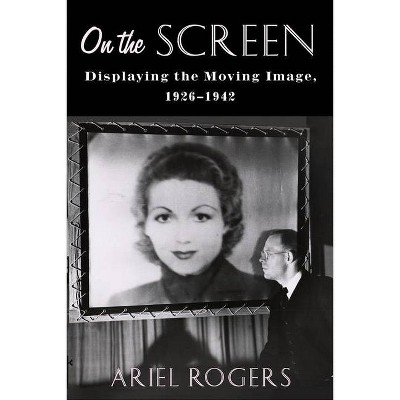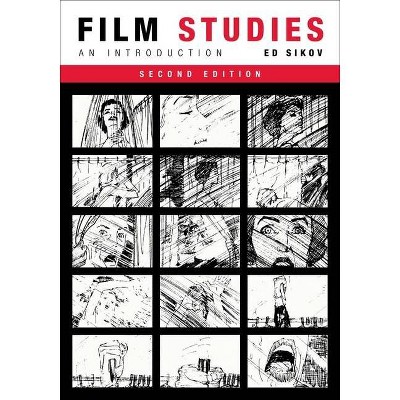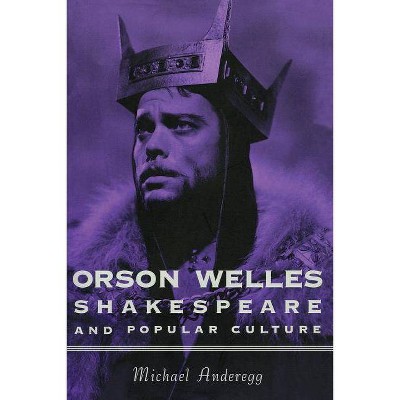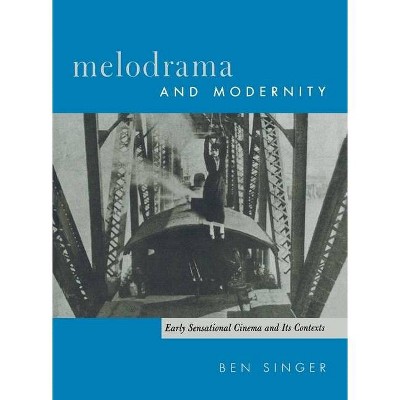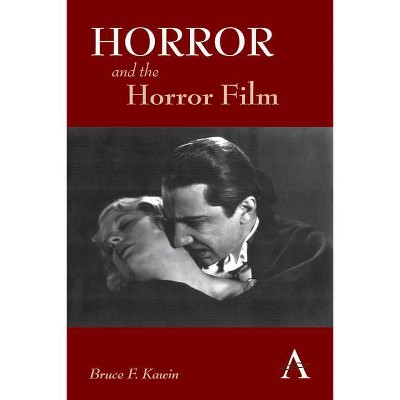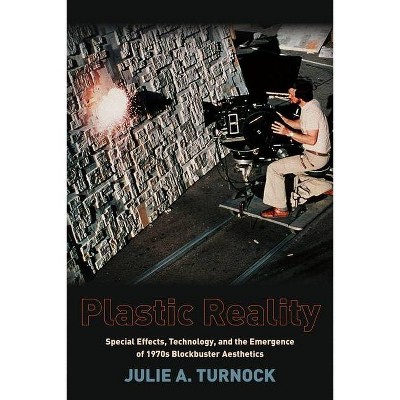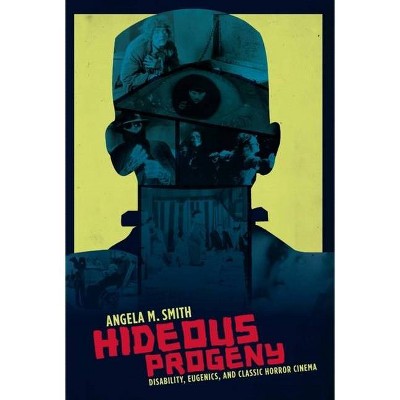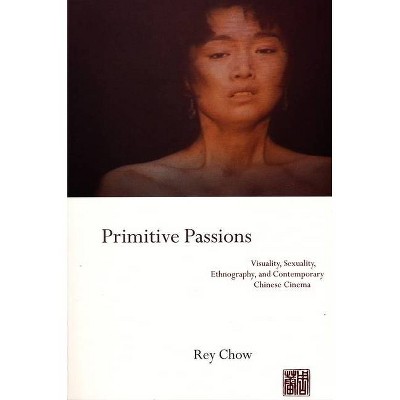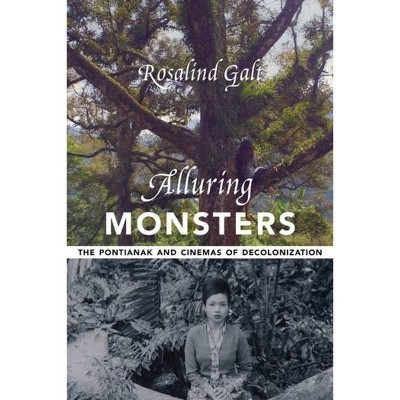Cinematic Appeals - (Film and Culture) by Ariel Rogers (Paperback)
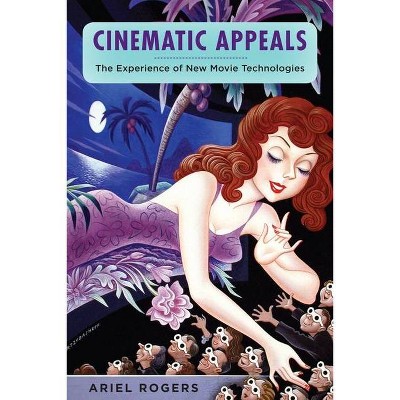
Similar Products
Products of same category from the store
AllProduct info
<p/><br></br><p><b> Book Synopsis </b></p></br></br><i>Cinematic Appeals</i> follows the effect of technological innovation on the cinema experience, specifically the introduction of widescreen and stereoscopic 3D systems in the 1950s, the rise of digital cinema in the 1990s, and the transition to digital 3D since 2005. Widescreen cinema promised to draw the viewer into the world of the screen, enabling larger-than-life close-ups of already larger-than-life actors. This technology fostered the illusion of physically entering a film, enhancing the semblance of realism. Alternatively, the digital era was less concerned with the viewer's physical response and more with information flow, awe, and the reevaluation of spatiality and embodiment. This study ultimately shows how cinematic technology and the human experience shape and respond to each other over time.<p/><br></br><p><b> Review Quotes </b></p></br></br><br><i>Cinematic Appeals</i> offers readers a concise exploration of new cinema formats and the claims and debates that surround their introduction... a wealth of interesting historical material and engaging and informative case studies featuring fine-grained analysis of individual films.--Projections<br><br>Ariel Rogers leads us into a fascinating journey full of information, which is theoretically robust...--Cinéma & Cie<br><br>Timely and provocative. A well written and highly engaging text, <i>Cinematic Appeals</i> will interest anyone contemplating the nature of cinema in today's mediatized environment, as well as anyone interested in the history of film technology or film spectatorship.--Film and History<br><br>Ariel Rogers's fascinating book looks at the affective addresses of technologically-innovative periods in film history to explore the different notions of spectatorial embodiment these technologies provide, from the immersive participation of the widescreen era to the relative disembodiment of the fragmented and alienated spectator in the digital era. She has made an important intervention in the ongoing discussions of spectatorship and embodiment in the cinema that will determine the direction of future scholarship in those fields.--John Belton, Rutgers University<br><p/><br></br><p><b> About the Author </b></p></br></br>Ariel Rogers is assistant professor in the Department of Radio/Television/Film at Northwestern University.
Price History
Price Archive shows prices from various stores, lets you see history and find the cheapest. There is no actual sale on the website. For all support, inquiry and suggestion messages communication@pricearchive.us
